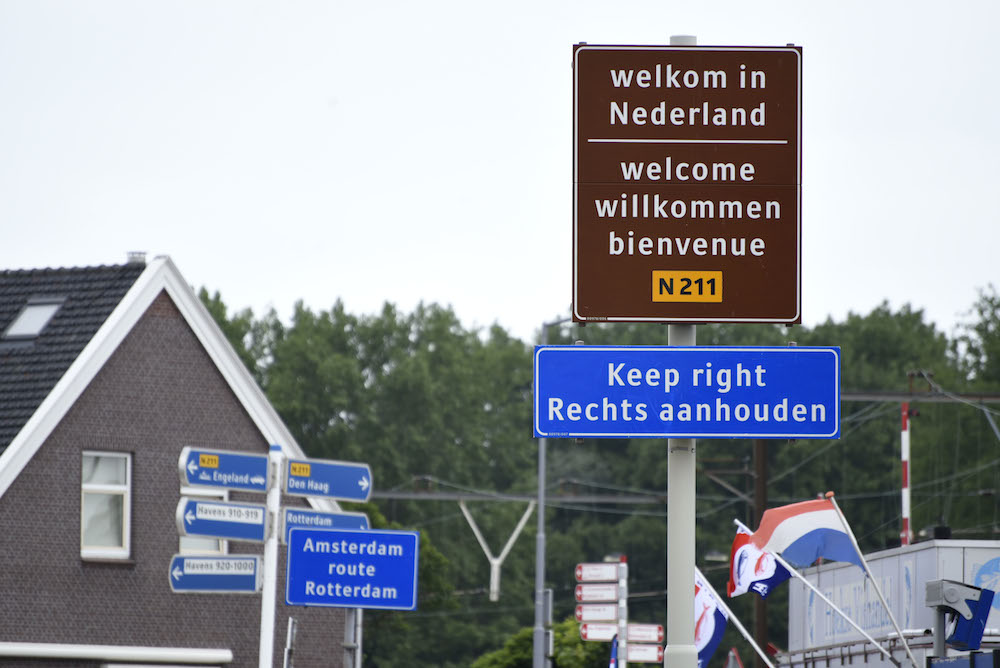EU delays border system registering third-country nationals
Claudia Delpero
The European Commission has again delayed the launch of the new EU border system, the Entry/Exit System (EES), which was due to become operational this November.
The EES is an IT system that will register non-EU citizens, both short-stay visa holders and visa exempt travellers, each time they arrive and leave the Schengen free-movement area.
The system will replace the manual stamping of passports and register the person’s name, type of the travel document, biometric data (fingerprints and facial images), and the date and place of entry and exit. It was designed to increase security by electronically verifying overstays or any previous entry refusal.
In the Netherlands, EES kiosks are being installed at maritime and air border crossing points, including Hoek van Holland, IJmuiden, Schiphol, Rotterdam airport and the Eurostar stations in Rotterdam and Amsterdam.
The EES launch has previously been postponed because of IT issues, but in August the Commission announced that it would become operational on November 10th.
Last week, however, after a meeting of EU Home Affairs ministers, EU commissioner Ylva Johansson said the date was “no longer on the table”.
The commission is now pursuing “a phased approach” with some border crossing points going live, but not all at the same time, she added.
“I hope that we can start as soon as possible, but there is no new timeline so far,” the commissioner said. The phased approach could require changes to the current EES regulations and the Commission is carrying out a legal assessment, she explained.
“In my view, it would be the best way to start in parallel with the old and new system, to avoid any risk if something will not function as we expect,” she said.
NL not ready
The Commissioner also said that three EU member states, the Netherlands, Germany and France, are not ready yet to launch. It is understood the system has not been tested live yet and France was especially concerned at the risk of congestion at the UK border.
The EU agency in charge of the IT infrastructure, eu-LISA, also had concerns about the ‘resilience of the system’, the commissioner added. An extraordinary meeting of the eu-LISA management board is planned this week.
A spokesman for Schiphol airport told Dutch News the airport is “fully prepared” for the implementation of the system.
“Together with the government, the airport has completed all necessary preparations, including the installation of self-service kiosks and the enhancement of wayfinding systems,” the spokesman said. “Furthermore, our staff is ready to assist travellers, providing them with all necessary information and support.”
Six months after the EES launch, many non-EU citizens will also have to pay a €7 fee for short stays in the Schengen area. The conclusions of the EU Council meeting last week say this is due to become operational in the first half of 2025.
Thank you for donating to DutchNews.nl.
We could not provide the Dutch News service, and keep it free of charge, without the generous support of our readers. Your donations allow us to report on issues you tell us matter, and provide you with a summary of the most important Dutch news each day.
Make a donation